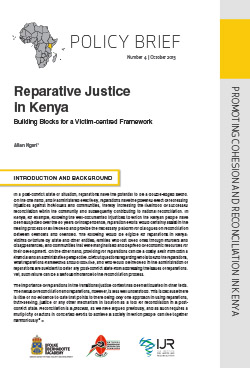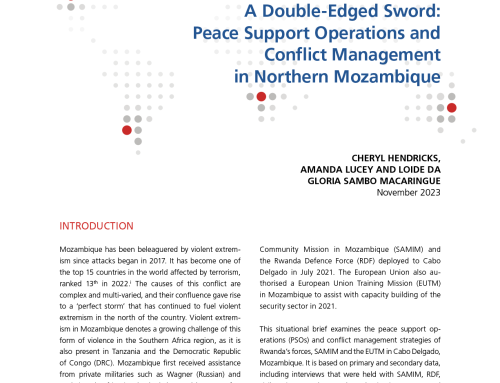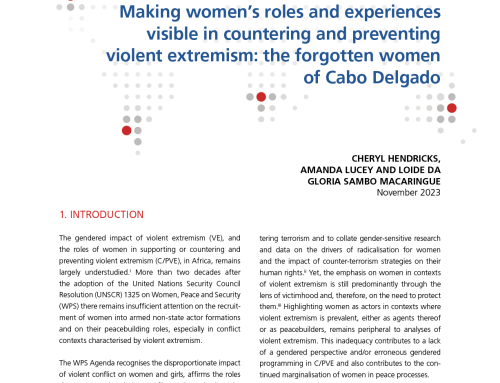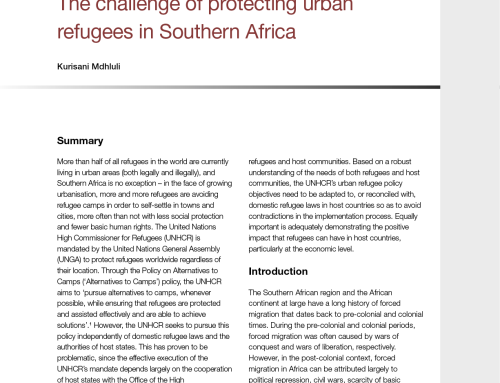
Kenya Policy Brief No 4: Reparative Justice in Kenya
Reparations are an integral part of the processes that assist society’s recovery from armed conflict, a repressive regime and/or a culture of human rights abuse; that ensure history will not repeat itself and that comprehensive programmes are established to achieve truth-telling, other forms of transitional justice, and an end to the culture of impunity. In order for reparations to have the maximum possible effect in the post-conflict reconstruction of a society, the perspectives of victims and their advocates must be incorporated into reparations’ design, implementation and monitoring.
This Policy Brief discusses the normative framework of reparations as the appropriate remedy available under international and Kenyan laws for victims of gross violations of human rights. Thereafter it turns its focus on the Reparations Framework proposed by the Truth, Justice and Reconciliation (TJRC) Report of May 2013. In that section, the brief analyses the framework and implementation recommendations in the light of the proposed reparations principles and guidelines. While the TJRC rightly notes that reparations that are tied to a legal process may be expensive to victim and State alike, this Policy Brief proposes that reparations in Kenya be tied to existing legal frameworks and provide access to justice for the victim in a complementary manner to administrative programmes and to other international processes.
The Policy Brief proposes sector- and actor-specific recommendations for policy formulation and actions.
By Allan Ngari
Pages: 12
Dimensions: A4
Date of publication: October 2013




